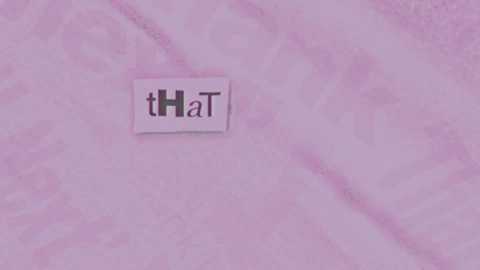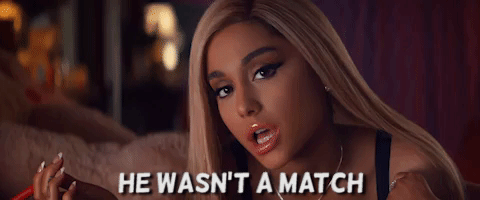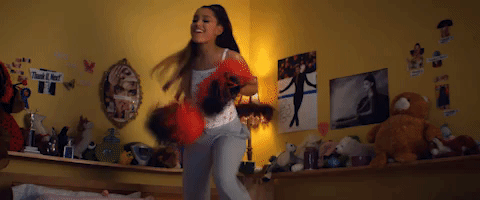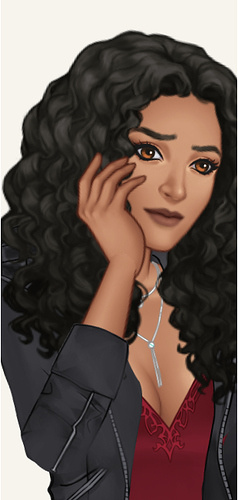The Power of Questionnaires - Part I
So me and @Cheyara_M are writing a colab story, so this is the part of the process we went through.
We are on the first questionnaire, and it took days to get over with this one. I guess cause it’s about the MC, but anyway.
It is a second time I do this thing, so I kinda forgot, so now I have a moment to appreciate this process, and share it with you.
First of all, when we started, we had a very subtle idea about the plot, and characters.
At this point, we are almost done with MC questionnaire and…
WHOLE PLOT AND CHARACTERS CHANGED DRASTICALLY . I mean it. We got the main plot changed and formed, roughly, but still. Plus a lot of minor plotlines are developed.

I’ll go through with questions and comment on how this question can help, why it’s important, in regards to our story.
- Name
I know, what’s so special about the name? I see dozens of these annoying threads, where people ask for names. First of all, heard of Google?
Now we actually decided to give more to the name and made the MC Spanish suddenly. So we were searching for Spanish cute names and surnames. So you get what we have here? We made some part of the backstory while picking a name, plus we formed her look.
In case you are curious, check out this cutie <3
- Age
Yep, at this point, we decided on what MC’s occupation is. Just be sure to correlate your chosen age/occupation/country. Some countries have a difference in finishing school/college time. Keep it real. - General physical description
Well, it was partially formed at the name tab, but still. Think about how her body is for example. 'Course you can’t choose body type in Episode yet, but you have Narrator and other character’s thoughts about this to point. Maybe your character is skinny, or curvy. Don’t leave it out. - Hometown + Type of home/ neighborhood
Here we formed almost the whole backstory of her family , and also a bit of her family background, how they got here. Also, added some traits , that were affected by the neighborhood type. For example our character whole her life was at the dominantly black district, kinda poor and with the high crime rate. Don’t think I am being racist here, as we chose the city where MC lives, and I just scrolled through most poor districts and found one. The place is real. - Relationship status
Yep. Don’t have to say why it’s important.
Is your character single/dating/hooking up/married? We also thought a bit about her previous love relationships, that helped us forming MC and reason her traits. Here we create more characters as well.

- Friends
Friends. Who are they? How did they meet? What bonds them? Like really bonds, their history and traits, that make them a good match as friends. It is important to do, so that you can show their chemistry. Maybe this friend/friends is/are toxic and MC doesn’t notice. Think what fits your story best, and will help to move the plot forward. - Family background (parents, previous marriages, etc.):
Who is present in MC’s family? Divorced, or maybe mother/father left the family/died? Brothers/sisters/aunts? Think about what the relationships in the family are? - Other close relationships
Maybe MC is helping some old granny with her chores? Or maybe gives a few dollars to a homeless guy on the street every day and chats with him? Small details matter, and allow you to show MC (and other characters) personalities. - Relationship with men/women
This is very important. Mostly we act a bit/a lot different with men and women. It should be reasoned tho. Maybe your female character dislikes other women and is quite hostile to them because her ex-best-friend stole her boyfriend? Thinkthinkthink and reason.

- Job
OK, maybe MC is a student. If MC has a job. What kind of? Why she/he chose this one? Does he/she enjoy it? Is he/she good at it? Do your research on the chosen job, to portray it realistically I’m so fucking sick of seeing writers putting any “cool and edgy” job for MC and then just ignoring everything this job is about -_- - Dress style
Here I can only advise. Pick some specific dressing style. Don’t just combine a lot of clothes, so that different readers will have something they will like. Dressing style also reflects your personality.

- Religion + Attitude to religion
Maybe MC is a follower of some specific religion. Maybe not, but still believes, or just doesn’t believe. Maybe doesn’t believe, but forced to fake religiosity? Just don’t go with something you have no idea about. If you don’t know much about religion you want to incorporate - ask people here, or Google. - Favorite pastimes
What your MC loves doing? Maybe she/he watches reality shows after coming home from work? Or does some early morning’s runs? This will affect MC daily routine. And it is also important, cause I see a real lot how writers don’t put anything other than school/job and partying, and create blank dull characters.

